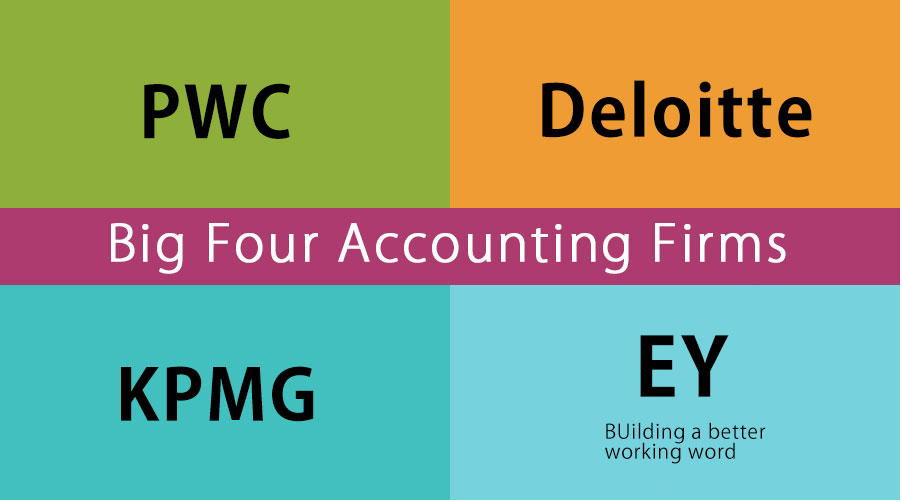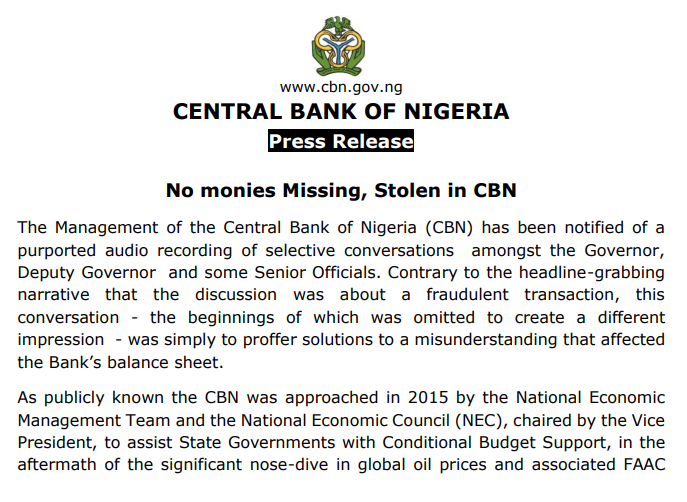Press release distribution services send your release to its sites and targeted media outlets and journalists. It boosts your brand exposure and promotes the news about your business.
It’s true that there are a lot of options in the market today when it comes to distributing releases. There are several paid press release services that offer different features and pricing.
In this post, we’ll look at the reasons why you as a brand should need a press release service when distributing your news.
- It improves your online visibility.
A press release distribution platform improves a brand’s online visibility. By distributing an optimized content, your site is found on top of the search results. The use of relevant keywords ensures that people using search terms and phrases can find your content.
When your content is on top of the search engine results pages (SERPs), you become more visible and searchable. More people can access your site.
Not only that, since a wire service syndicates your content across different channels, your news appear on different sites and locations that are impossible for you to reach on your own.
Subscribing journalists can receive your news. It can appear on all the sites of the platform. It can appear on top of the search results and publications.
With your news distributed far and wide, you become more visible. Your brand is exposed to more people.
- It increases traffic to your site.
According to the studies conducted by Invespcro, there are approximately 3 billion internet users worldwide. It is predicted that 50 percent of the global population will be accessing their mobile devices to use the internet by 2020.
This figure shows that brands must use their full ability to promote their business to their target audience and improve exposure. A release can help you achieve it by including one or two links in the content to direct readers to your site.
Although Google has directed not to extract link juices from releases anymore, you can still increase the number of visitors by optimizing your content. Use keywords and links the right way for SEO.
- You can be a thought leader in your industry.
If you want to be known as an expert in your industry, issuing a release through the help of a distribution service can help. Of course, it wouldn’t work if you’re just going to get a single distribution plan.
You can achieve this goal by ensuring that you issue a release that shows your expertise as a brand over a long period of time. When people see that you can help solve their problems, share significant information, or improve their lives, they are more likely to trust you.
The moment you earn their trust, you’ll be a credible brand. You’ll be recognized as an expert over your competitors. You’ll attract leads and sales and eventually investors.
Write about your speaking engagements, sponsorship of events, receiving awards, and whenever you have a case study or white paper. These are the reasons for you to write a release that will establish you as a thought leader in your field.
- It boosts your sales.
When you use a press release service, it can help boost your sales in a lot of ways. If you are issuing a release on a regular basis, your news is exposed to the audience far and wide.
This gives you more exposure to people who care about your brand and story. More traffic to your site can lead to higher sales. More people can convert into buyers with the right call-to-action (CTA).
Again, the use of wire services exposes your news to different channels. When people discover you, they are able to learn about your business. It drives them to buy from you once they begin to trust you.
Using a platform for distribution can help you gain exposure and visibility than any other marketing tactics. Choose a long-term plan to boost your sales. Again, trust isn’t easy to earn.
People aren’t going to buy if they don’t trust you or your product. You need to show first that you are an authority brand. It is the only time they would begin to trust you.
Buyers give more weight to what other people say about a product or service. They listen to opinions and reviews before deciding to purchase. By issuing a release, you remain on top of their mind.
- You are able to reach your target audience.
One benefit of using a wire distribution platform is that you are able to reach your target audience. The majority of those platforms offer industry-specific targeting. They can send your story to journalists who cover your industry.
They also offer geographic targeting. That means that if you want to reach the local, regional, national, or international market, you can opt for platforms that provide it.
Your decision to choose a platform would depend on your goal. If reaching the local media is your target, you must go with a provider that offers local targeting.
When you consider this factor, you are close to reaching to people who matter to your business. You can reach people who need your product or service, and those that share the same interest or vision. They are also the people who are more likely to support and recommend you to other prospects.
- You can distribute your news across varied channels.
If you are a startup or struggling to build your brand name, it’s important to maximize all the opportunities that would help grow your business. You need to explore all avenues and channels.
It’s not enough that your content is published on your own site, blog or social media account. A press release distribution provider has a network of journalists, influencers, media outlets, sites, and other locations. It can expose your news to a wide audience.
The more exposure your brand gets, the easier for you to become an authority. You become a credible and trustworthy brand at the right time. It is easier for you to improve traffic and sales.
- You manage your reputation.
These days, it’s so easy for brands to get attacked online without their knowledge. Anyone can just leave a bad review, negative feedback, or post their rant about your product or service.
A competitor can also go against your brand. Competition can become so bad that your brand can become a target of controversies.
You may encounter a breach of contract or a product recall. Whatever the case is, issuing a press release through a press release distribution platform is one way to provide that you are handling the situation seriously.
When you issue a release, you can say your side of the story. You can clear issues straightaway. It is also an effective method to prove that you are doing your best effort to correct mistakes.
In short, it can mitigate the crisis. A release is the best way to protect your image and reputation. You need to protect your brand when someone is trying to damage your reputation.
Since a distribution platform can syndicate your news at different sites and locations in one go, it can help in distributing your story as fast as possible. Your news can be read by people who care about your situation, including stakeholders, customers, investors, partners, and potential buyers.
- You can build your credibility.
If you are a brand that recently encountered an online backlash or you are just starting your business, building your credibility is a must. It takes time to establish your brand. However, distributing a release regularly over a long period of time can help you achieve it.
When you distribute news via the wires, more people are able to know what your brand is, and what you can offer. They are also able to know the reason why they would connect with you.
When people get to know you better, you can eventually earn trust. Trust and credibility go together. Without trust, they are not going to have the interest to take part in your business.
- You attract investors.
When you write and distribute a release, you can attract parties that are interested in your business. You draw the attention of investors who are searching for trustworthy and expert brands.
Remember that they aren’t going to invest that easy without knowing the company. A release provides a way for them to know what a company is, what it is up to, and what it offers. It also offers a way for them to know if it is worth to invest in.
You can capture the interest of investors who can help your business to grow. You just need to know the strategy to make it work.
- You attract media attention.
When you distribute your story over a long time, you attract the interest of the media who are looking for a newsworthy story to cover. A press release service sends your news to subscribing journalists.
They get to know your story when they are subscribed to the industry. Of course, it doesn’t work like magic. You also need to build rapport with relevant media.
Establish a relationship with them by making their job easier. Make sure that your press release follows the standard. It is error-free so that they don’t have the reason to reject it.
It’s not enough that it is written based on standards. It must also be compelling enough to attract readers.
The use of wire service provides many benefits to your business. You can reach your goals quickly and easily. Don’t underestimate what distributing a release can do.
For more information about press release distribution, you may visit:
https://www.newswire.com/features/distribution
Like this:
Like Loading...








